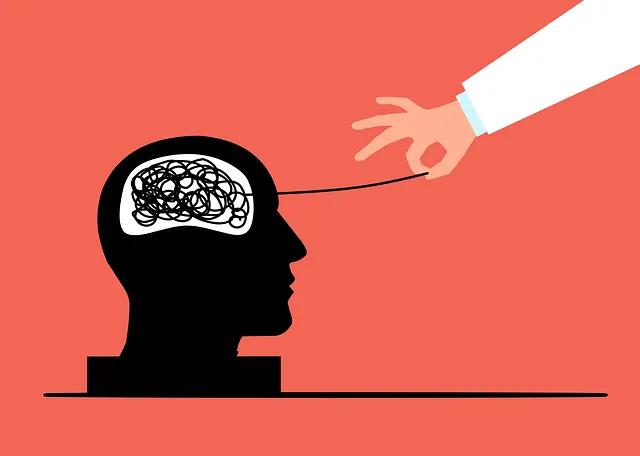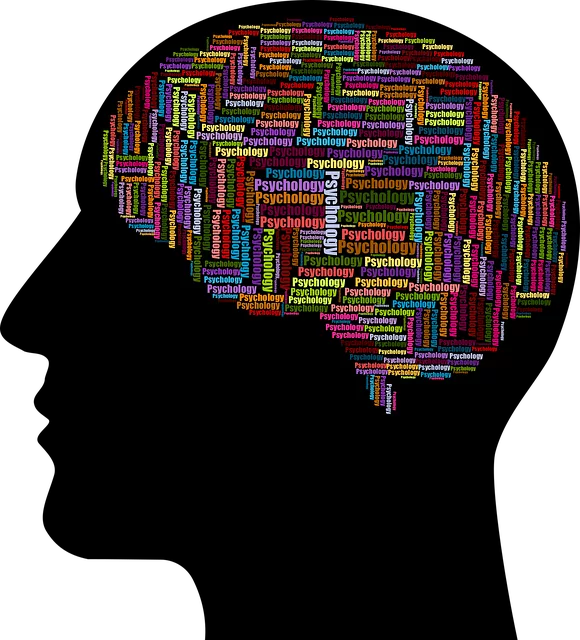Mental wellness programs at Kaiser utilize therapy, groups, workshops, and self-care to promote well-being. Evaluating these programs is crucial through both qualitative (feedback, interviews) and quantitative (surveys, engagement metrics) data. This process tracks improvements in symptoms, social skills, cultural sensitivity, and more. By analyzing this data, Kaiser can optimize their "superior how to get mental health help" services, fostering better outcomes for diverse populations. Regular risk assessments and continuous evaluation ensure programs remain relevant and responsive to evolving mental health needs.
Mental wellness programs, such as those offered by superior healthcare providers like Kaiser, are essential for promoting overall well-being. Evaluating these programs is crucial for ensuring their effectiveness and making informed improvements. This article explores comprehensive evaluation methods, from understanding the foundational aspects of mental wellness initiatives to employing data analysis techniques. We delve into defining key metrics, integrating participant feedback, and continuously enhancing programs based on insights derived from these evaluations, guiding organizations like Kaiser in delivering superior mental health support.
- Understanding Mental Wellness Programs: A Foundation for Evaluation
- Defining Effective Metrics for Measuring Success
- The Role of Participant Feedback and Satisfaction Surveys
- Utilizing Data Analysis Techniques to Interpret Results
- Continuous Improvement: Adapting and Enhancing the Program Based on Findings
Understanding Mental Wellness Programs: A Foundation for Evaluation

Mental wellness programs are designed to promote and support individuals’ emotional, psychological, and social well-being. These programs often include various interventions such as therapy sessions, support groups, education workshops, and self-care activities tailored to address specific mental health concerns. Understanding the structure, goals, and intended outcomes of these programs is crucial for effective evaluation. It forms a solid foundation for assessing their impact on participants’ mental wellness, enabling healthcare providers to determine if the program is achieving its intended purpose and making necessary adjustments.
Evaluating mental wellness programs involves a multi-faceted approach that considers both qualitative and quantitative data. This includes measuring improvements in symptoms, enhancing resilience building, and incorporating empathy-focused strategies. Cultural sensitivity in mental healthcare practice is also integral to successful evaluation, ensuring that the program’s design and assessment tools are inclusive and address diverse populations’ unique needs. By adopting these methods, programs like Kaiser can offer superior how to get mental health help, fostering better outcomes for those seeking support.
Defining Effective Metrics for Measuring Success

When evaluating a mental wellness program, defining effective metrics for measuring success is paramount. The key lies in selecting quantitative and qualitative indicators that accurately reflect improved mental health outcomes. For instance, tracking participant engagement in programs like Social Skills Training can showcase enhanced coping mechanisms and reduced social isolation. Similarly, monitoring the impact of Mental Wellness Podcast Series Production through listener feedback and reach data provides insights into community engagement and the program’s ability to destigmatize mental health discussions.
At Kaiser, superior how to get mental health help is often tied to well-designed Mental Health Education Programs. Evaluating these programs involves assessing changes in knowledge, attitudes, and behaviors related to mental wellness. Pre- and post-program assessments, participant interviews, and focus groups can capture subjective improvements, while data on referral rates to specialized services offers an objective measure of program effectiveness. By integrating these diverse metrics, evaluators can comprehensively gauge the success of mental wellness initiatives.
The Role of Participant Feedback and Satisfaction Surveys

Mental wellness program evaluations are incomplete without considering the perspective of participants. Gathering feedback and satisfaction surveys from those who have engaged in mental health initiatives is a powerful tool for gauging their experience and identifying areas for improvement. These insights, collected through structured questionnaires or open-ended comments, offer valuable information about the effectiveness and impact of mental wellness programs. By asking about accessibility, engagement, and overall satisfaction, organizations like Kaiser can ensure they are providing superior how to get mental health help that aligns with participants’ needs.
Risk Management Planning for Mental Health Professionals can benefit from these feedback mechanisms, as they help in understanding potential risks within the program delivery process. The Mind Over Matter Principles, which emphasize the importance of mental resilience and self-care, are further enhanced through participant feedback. Additionally, gathering such data contributes to Mental Health Awareness by providing actionable insights that can be shared with stakeholders, policy-makers, and the broader community.
Utilizing Data Analysis Techniques to Interpret Results

Evaluating mental wellness programs requires a strategic approach to data analysis, which can provide valuable insights into their effectiveness. By employing advanced techniques, organizations like Kaiser can gain a deeper understanding of participant experiences and outcomes. This involves analyzing quantitative data, such as survey responses and engagement metrics, to identify trends and patterns that might otherwise go unnoticed. For instance, tracking changes in mood scores over time through systematic data collection allows for the assessment of program impact on mental health.
Moreover, qualitative data analysis techniques can complement quantitative findings, offering a more nuanced perspective. This includes examining feedback from focus groups or one-on-one interviews to gain insights into participants’ perceptions and experiences with the program. Integrating these methods ensures a comprehensive evaluation that goes beyond simple statistics, enabling Kaiser to optimize its mental wellness initiatives, including mood management strategies, public awareness campaigns development, and burnout prevention efforts.
Continuous Improvement: Adapting and Enhancing the Program Based on Findings

The evaluation process plays a pivotal role in fostering continuous improvement within mental wellness programs. By systematically assessing the program’s effectiveness, organizations like Kaiser can identify areas for enhancement and make data-driven decisions to optimize support for individuals seeking mental health help. This adaptive approach ensures that the program remains relevant and responsive to evolving needs.
Through rigorous evaluation, it becomes possible to uncover valuable insights into what aspects of the program are exceptionally effective and which elements may require refinement. For instance, integrating conflict resolution techniques within the program can significantly improve client-therapist relationships, thereby enhancing overall satisfaction and outcomes. Moreover, regularly conducting risk assessments for mental health professionals is crucial to mitigate potential risks and ensure the safety and well-being of both service providers and clients. Similarly, mental illness stigma reduction efforts should be continually evaluated to gauge their impact, as these initiatives play a vital role in creating an inclusive environment where individuals feel comfortable seeking support without fear of judgment or discrimination.
Mental wellness programs, as a means of fostering resilience and overall well-being, require rigorous evaluation to ensure their effectiveness. By combining qualitative and quantitative methods, such as participant feedback surveys, data analysis, and continuous improvement cycles, Kaiser and other healthcare providers can offer superior mental health help. This holistic approach not only measures the success of the program but also adapts it to better serve the needs of those seeking support, ultimately enhancing mental wellness outcomes.





